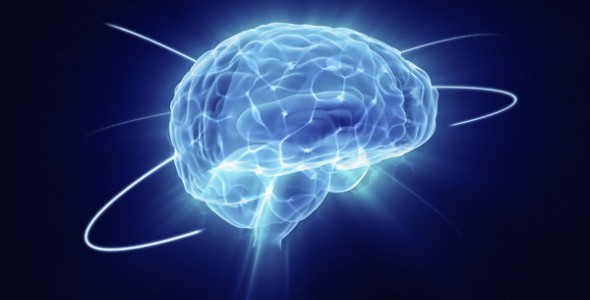 June 29, 2019
June 29, 2019
Understanding Your Brain – Vol. 4/4
By Mina Ayoub, Communications Executive at EFG Hermes.
Decisions, Decisions.
Each day, we all have countless decisions to make, ranging from what to have for lunch, how we spend our money, and even how we spend our time. With all these choices to make, how consciously aware are we of all the factors our brains take in to drive us to the final result; essentially, how do we know that our decisions are based on logic or emotion, or even something else? Here are three factors your brain assesses before telling you what to decide that you might not be aware of.
Ego Depletion.
It is noteworthy that in this example, the term “Ego” is referred to as one’s consciousness of self rather than its commercial meaning. Consider the concept of restraint or “doing the right thing”, as a muscle in the brain; the more you exercise that muscle the more fatigued it becomes during the short period of time afterwards. For this reason, we can sometimes find that after making good conscious decisions like forgiving others or even following our diet, we soon begin doing the exact opposite and taking our frustrations out on others or going for the chocolate bar rather than the granola bar. This is not due to lack of will power, this is due to your muscle being fatigued from making several “good” choices, unable to keep going. Therefore, the next time you find yourself unable to show restraint, don’t feel guilty, but realize that your brain is telling you that everything in moderation is always good.
Your Physical State.
The brain and the body are more connected than you think when it comes to making decision. Research has shown that whether or not you have eaten, can influences your choice. Making decisions all day causes the brain to undergo immense stress, more specifically, the Pre-Frontal Cortex, which is responsible for decision-making, depleting it of energy. Being well fed helps you regain enough energy to weigh out all the factors you need to be able to make a choice. So the next time you think you are indecisive, make sure you’re not just hungry. The brain can also make connections between the physical and the emotional. For example, having a warm drink during a day out in the cold will cause your brain to have a more positive outlook on things, rather than if you were getting too cold from the weather.
Patterns.
Perhaps one of the most well disguised benefactors of your decision making, is what you see throughout the day. Say for example you’re in the mood for a soda and you can’t decide between Pepsi or Coca-Cola, they’re both the same to you. A branding strategy used to manipulate your psyche, is to distribute items or banners around the area with the company’s brand color. So, if the supermarket is filled with blue banners and icons, especially if they are strategically aligned from the entrance to the refrigerator, you might be more inclined to choose a Pepsi. A similar phenomenon occurs with gambling. Many casinos will rig you up to win at first, causing your brain to release tremendous amounts of dopamine that make you feel happy with the reward, causing you to keep spending money expecting to win again and re-experience that surge of excitement. After spending more money than you intended, the rigged system will then cause you to lose. For some people, the dopamine will lead to addiction and hinder your rational choice to “get out while you can”.
Your decisions are, at the end of the day, your own, but that does not mean you always make them due to logical reasoning.
